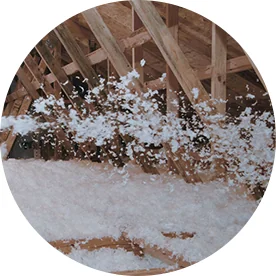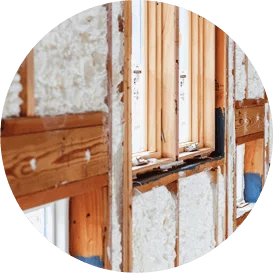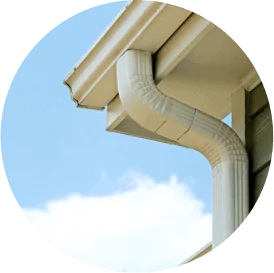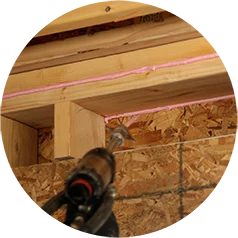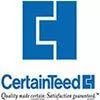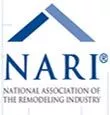Whether you’ve lived in your home for months, years or decades, you want to be sure it’s well-insulated. What you may not realize, though, is that there’s a lot to consider with foam insulation.
Keep reading as we explore the benefits of foam insulation materials like spray foam and rigid foam board and help you decide which one is right for your home.
Understanding R-Value For Insulation Types
R-value is integral to insulation, as it measures the effectiveness of an insulation material. This value depends on several factors, including the insulation type, density and thickness. Remember that a higher R-value typically indicates a more effective insulation material.
But don’t assume that an insulator with a higher R-value is best for your project. Your insulation team must also account for location and budget. For example, in Columbus, homeowners need insulation to withstand our cold winters and warm summers.
Choosing the insulation with the best R-value for our region and making sure the price per square foot fits your budget is key, and your local insulation contractor can help with that.
Spray vs. Rigid Foam Insulation For Residential Houses
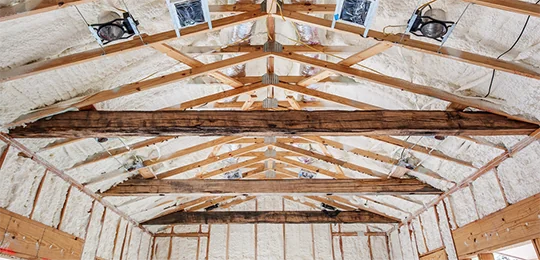 Let’s take a closer look at these foam insulation options for homeowners.
Let’s take a closer look at these foam insulation options for homeowners.
- Spray foam insulation: This material starts as a liquid during application and then expands to fill the space. Many homeowners prefer spray foam if they have small cracks or hard-to-reach areas. Spray foam comes in two forms: open-cell and closed-cell.
- Rigid foam insulation: While spray foam is made of polyisocyanurate or polyurethane, rigid foam involves panels or boards of shaped polystyrene foam. You can choose polyisocyanurate, extruded polystyrene (XPS) or expanded polystyrene (EPS). Experts often use rigid foam in unfinished walls in new construction projects.
Benefits of Spray Foam
Here are some of the advantages of spray foam insulation:
- Extreme energy efficiency: With an R-value ranging from R-5.5 to R-6.5 per inch, you can apply open-cell spray foam insulation almost anywhere without worrying about leaving gaps. That means you’ll enjoy unmatched air seals and a moisture-free space all year. Closed-cell spray foam can offer a higher R-value because it’s so dense, making it one of the most efficient insulation products.
- Greater comfort: Spray foam insulation will make your home more comfortable, regardless of how hot or cold it may be outside.
- Improved HVAC performance: When you invest in spray foam, you’ll no longer have to rely so heavily on your HVAC system. That translates to fewer repairs and a more efficient system.
Benefits of Rigid Foam
Here are some of the advantages of rigid foam insulation:
- Energy efficiency: R-values range from R-4 to R-6.5 per inch of thickness, which is greater than many other insulating materials of the same thickness.
- Soundproofing capabilities: Rigid foam is ideal for reducing noises between different levels and rooms and from the outside.
- Effective for new construction: The material in rigid foam makes it perfect for new construction, including foundational walls.
For More Foam Insulation Tips, Contact Edwards/Mooney & Moses
Edwards/Mooney & Moses has served Columbus and central Ohio since 1949. We’re the area’s leaders in foam insulation, so you can count on us for superior service and products. We look forward to helping with your next project.
Want to learn more about foam insulation for your home in Columbus, OH? Call Edwards/Mooney & Moses at (614) 351-6640 today.

